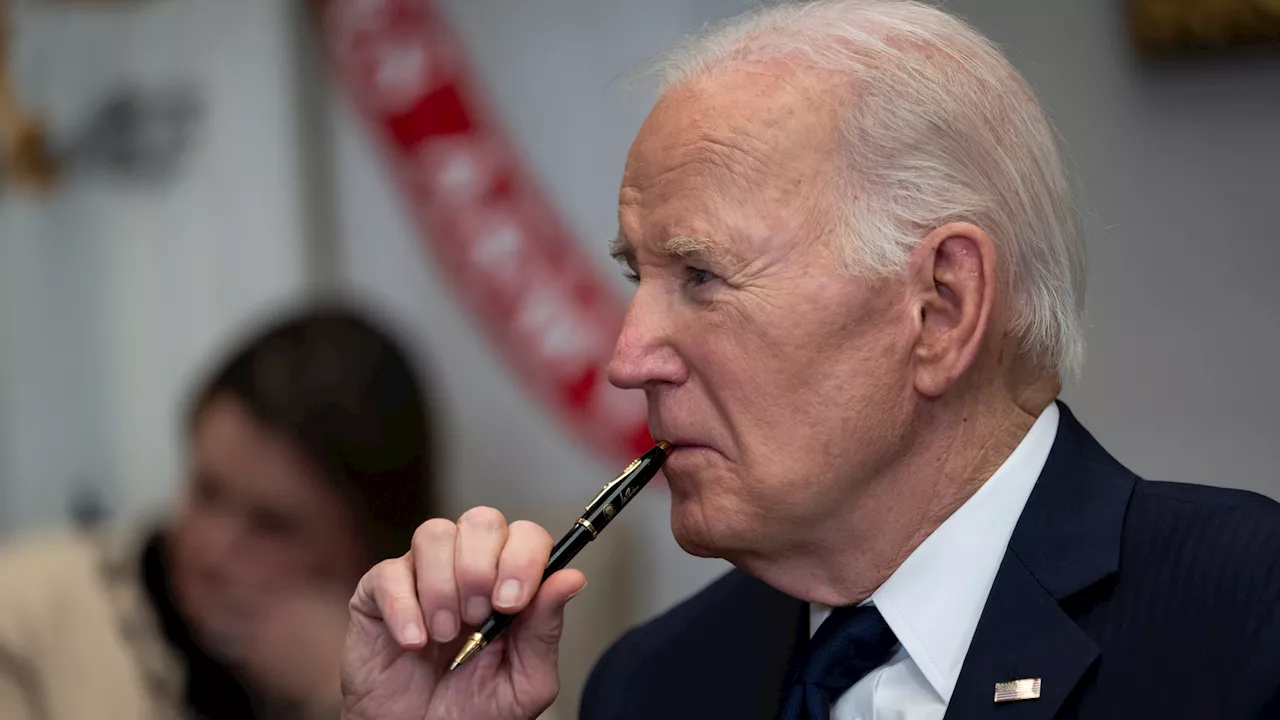This article examines the recent executive order titled “Ending Radical and Wasteful Government DEI Programs and Preferencing,” which mandates the termination of DEI offices and related programs within federal agencies. While the order cites financial costs as justification, the text argues for a comprehensive consideration of both costs and benefits. Drawing upon organizational psychology research, the article highlights the potential positive impacts of DEI initiatives on employee attitudes, engagement, and performance, ultimately contributing to organizational success.
Justification for terminating DEI programs stems from financial costs, but the potential benefits should also be considered. DEI initiatives can foster important attitudes and behaviors that positively impact the bottom line. Dr. Martin Luther King's pivotal role in advancing civil rights was honored by many across the United States on Monday, January 20th. Coincidentally, the same day marked the introduction of a variety of Executive Order s that stand in contrast to this legacy.
Of particular relevance to organizational psychology is an executive order titled, “Ending Radical and Wasteful Government DEI Programs and Preferencing.” This order includes a requirement that federal agencies end “all DEI, DEIA, and 'environmental justice' offices and positions.” In addition, agency leaders are required to provide a list and costs of any activity, contractor, or grantee related to these topics. The rationale provided in the order for these actions is that diversity, equity, and inclusion (DEI) initiatives in the federal government “demonstrated immense public waste.”Certainly, there is a financial cost to many organizational programs; for example, it costs money to design, implement, and evaluate effective hiring processes, onboarding programs, and performance systems. Yet, in addition to weighing a variety of moral and ethical perspectives, thoughtful organizational leaders consider the utility of such programs. Utility analyses necessarily include not only required expenditures but also potential earnings. Leaders often conclude that the cost of creating a strong hiring process, for example, is outweighed by the benefits of recruiting, selecting, and retaining the most talented workers. Likewise, when federal agencies work to fulfill this order, both costs and benefits could be considered.Organizational psychology points to several key, interrelated outcomes that affect the bottom line and thus should be weighed in personnel-related cost-benefit analyses such as job attitudes, turnover, health, and performance. Indeed, how people feel about their jobs can influence their behaviors at work. People who are more satisfied at work tend to be more engaged and committed to their jobs, putting in extra effort above and beyond what might be written in their job descriptions. These attitudes and behaviors can translate into increased productivity and profitability for the organization. Moreover, there is evidence linking some DEI initiatives to precisely these outcomes. For example, an analysis of 109 separate samples suggests that feelings of inclusion are related to job satisfaction, engagement, withdrawal, and performance. As another example, an analysis of 260 separate samples suggests that even often-maligned diversity training programs can have positive implications for employee attitudes, particularly when integrated within a strategic set of diversity programs. It is reasonable from an economic standpoint to weigh the costs of personnel practices. Such consideration, however, should also include an analysis of their benefits. Although the economic perspective is independent of the historical or moral perspectives that Dr. King’s legacy emphasizes, the conclusion may be similar. Evidence from organizational psychology suggests that, in the case of DEI initiatives, the benefits can include important attitudes and behaviors that ultimately serve organizational interests
Social Issues DEI Diversity Equity Inclusion Federal Government Executive Order Organizational Psychology Job Satisfaction Employee Engagement Performance Cost-Benefit Analysis
United States Latest News, United States Headlines
Similar News:You can also read news stories similar to this one that we have collected from other news sources.
 Biden says federal government to cover 100% of costs for initial LA fire recoveryThe funds cover debris removal, temporary shelters and first responder pay.
Biden says federal government to cover 100% of costs for initial LA fire recoveryThe funds cover debris removal, temporary shelters and first responder pay.
Read more »
 Global Bond Sell-Off Fuels Concerns Over Government Finances and Rising Borrowing CostsA global selloff in bond markets is accelerating, driven by investor expectations of fewer interest rate cuts from the Federal Reserve and concerns about widening government budget deficits. This trend is raising borrowing costs for consumers and businesses worldwide.
Global Bond Sell-Off Fuels Concerns Over Government Finances and Rising Borrowing CostsA global selloff in bond markets is accelerating, driven by investor expectations of fewer interest rate cuts from the Federal Reserve and concerns about widening government budget deficits. This trend is raising borrowing costs for consumers and businesses worldwide.
Read more »
 Rising borrowing costs batter UK government and threaten to derail its left-leaning programBritain’s new government, which is already facing anger over higher taxes, unpopular spending decisions and political scandals just six months after taking office, is now being battered by rising borrowing costs that threaten to derail its left-leaning program. The yield on the U.K.
Rising borrowing costs batter UK government and threaten to derail its left-leaning programBritain’s new government, which is already facing anger over higher taxes, unpopular spending decisions and political scandals just six months after taking office, is now being battered by rising borrowing costs that threaten to derail its left-leaning program. The yield on the U.K.
Read more »
 Rising borrowing costs batter UK government and threaten to derail its left-leaning programBritain’s new government, which is already facing anger over higher taxes, unpopular spending decisions and political scandals just six months after taking office, is now being battered by rising borrowing costs that threaten to derail its left-leaning program.
Rising borrowing costs batter UK government and threaten to derail its left-leaning programBritain’s new government, which is already facing anger over higher taxes, unpopular spending decisions and political scandals just six months after taking office, is now being battered by rising borrowing costs that threaten to derail its left-leaning program.
Read more »
 Trump to Issue Executive Order Dismantling DEI Initiatives in Federal GovernmentPresident Trump is set to sign an executive order on his first day in office aimed at dismantling diversity, equity, and inclusion (DEI) initiatives across all federal agencies. The order will direct agencies to terminate various DEI programs and policies, reversing efforts made by the Biden administration.
Trump to Issue Executive Order Dismantling DEI Initiatives in Federal GovernmentPresident Trump is set to sign an executive order on his first day in office aimed at dismantling diversity, equity, and inclusion (DEI) initiatives across all federal agencies. The order will direct agencies to terminate various DEI programs and policies, reversing efforts made by the Biden administration.
Read more »
 Indiana Governor Bans DEI Initiatives in State GovernmentIndiana Governor Mike Braun has signed an executive order eliminating diversity, equity, and inclusion (DEI) initiatives from state government. This move follows the U.S. Supreme Court's ruling in the Students for Fair Admissions case, which prohibits the use of race as a factor in admissions and other areas where preferential treatment might occur.
Indiana Governor Bans DEI Initiatives in State GovernmentIndiana Governor Mike Braun has signed an executive order eliminating diversity, equity, and inclusion (DEI) initiatives from state government. This move follows the U.S. Supreme Court's ruling in the Students for Fair Admissions case, which prohibits the use of race as a factor in admissions and other areas where preferential treatment might occur.
Read more »
